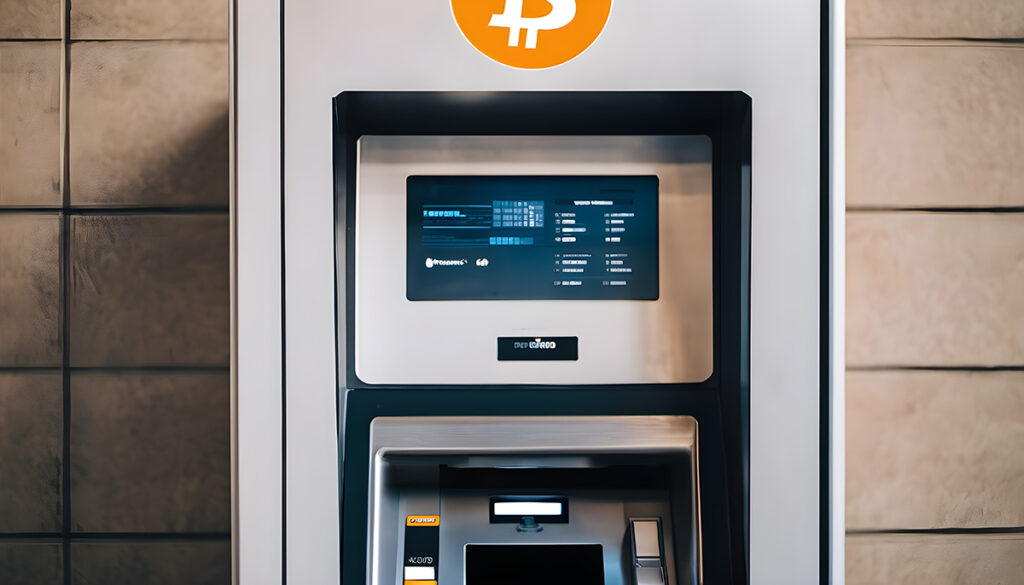A paper wallet contains a public address for receiving Bitcoin and a private key for transferring or spending Bitcoin stored in that address. Typically, a paper wallet is printed on paper, but it can also be made of other materials, that are more durable and less easily lost or misplaced.
Paper Wallet Components
Public Address: This is the address to which others can send Bitcoin. It is safe to give this address to others, it’s basically the location where you receive funds, almost like an email address.
Private Key: The secret key is what allows you to spend or transfer Bitcoin, and it must be kept confidential. Think of it like a PIN for your ATM card.
If someone figures out the private key, they can take control of your Bitcoin, and transfer it elsewhere.
Creating a paper wallet involves generating a pair of public and private keys offline. Specialized websites, or tools like Cash2Bitcoin’s Bitcoin ATMS near me handle this process.

Once the public access and private key are generated for your paper wallet, it’s absolutely critical to secure the paper wallet in a secure and private location that only you can access.
Paper wallets are popular, especially in regards to purchasing bitcoin instantly using Cash2Bitcoin ATMs, but they do have some security flaws. Paper is easily misplaced, or can be destroyed without proper care.
As crypto technology and security has progressed, hardware wallets and secure software wallets have increased in popularity. Before selecting a wallet type, it’s important to take into account the different security implications of storing your crypto, and act accordingly.
Paper Wallet Security Considerations
Private Key Generation: A compromised printer or computer could easily expose the private key.
Physical Security: The paper wallet should be stored in a secure, safe, dry, weatherproof, tamper-proof place to prevent damage, theft or loss. If you lose the paper wallet, you lose the bitcoin, and unlike digital wallets, there is no way to recover a lost piece of paper!
Deterioration: Paper stored improperly can be damaged by moisture, fire, or even sunlight!
Paper wallets are not for frequent transactions, and are better used as long-term storage.
Alternatives To Paper Wallets
Hardware Wallets: Hardware wallets are designed for storing cryptocurrency keys securely. They are a specialized, physical device, and take many shapes and forms.
Software Wallets: There are a variety of software based wallets that provide better security than a paper wallet, especially when they are used on a secure computer, dedicated to storage.
When best practices are followed, paper wallets, hardware wallets and software wallets can all work well, and it really comes down to maximizing security and minimizing risk.


